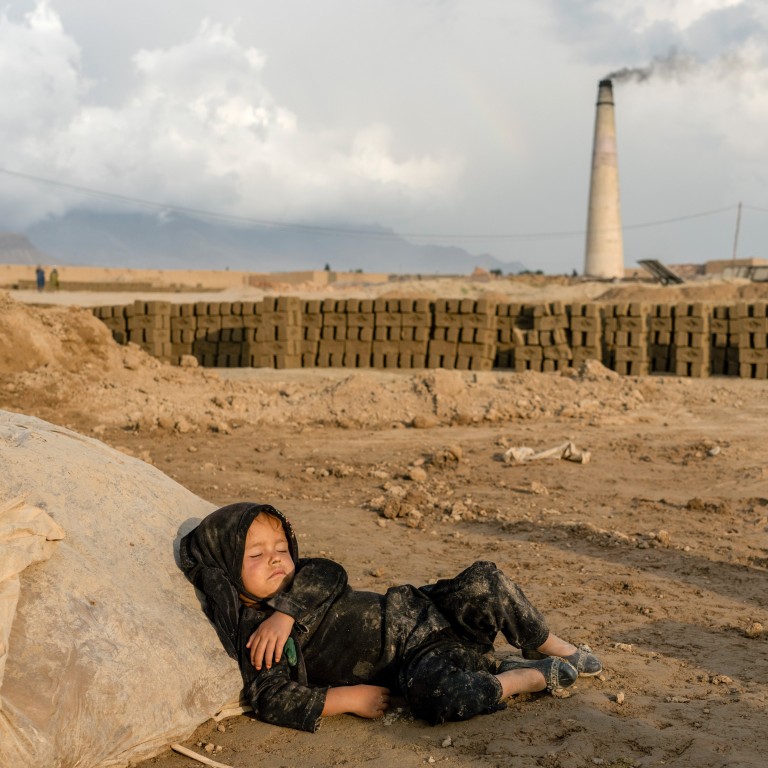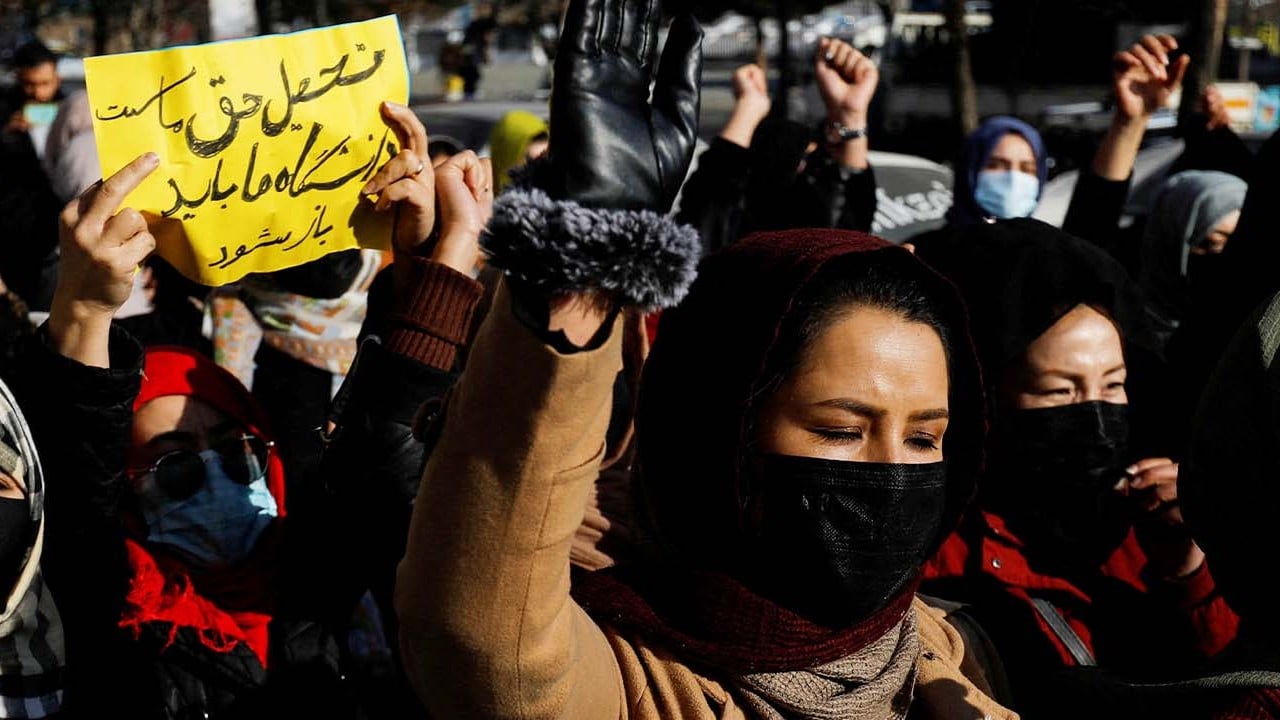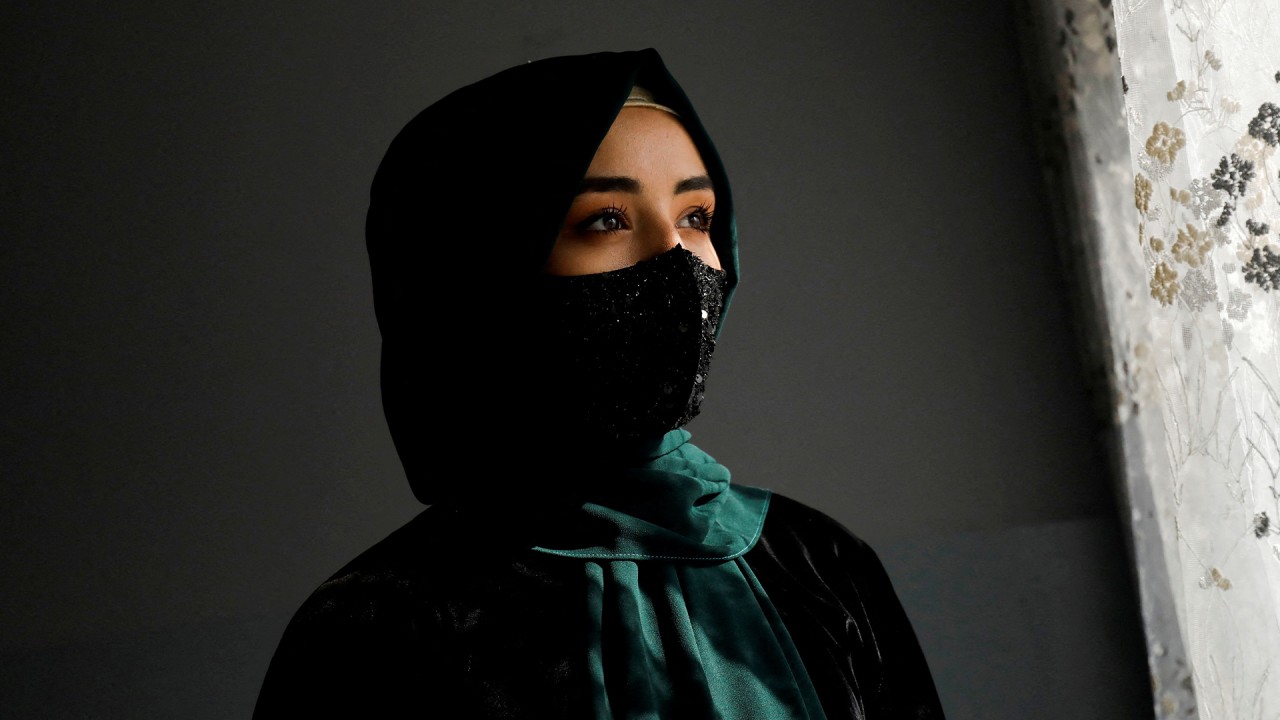
If the Afghan economy is improving, it’s no thanks to the Taliban
- Millions are starving amid corruption and incompetence, while women continue to be excluded at great economic cost
- If the Taliban wants sanctions lifted and assets unfrozen, it must be forced to govern responsibly and respect human rights
This is good news for the Afghans, who have suffered a brutal winter of acute food insecurity and dangerous levels of poverty.
But the report does not necessarily reflect the situation on the ground.
Last month, the UN Office for the Coordination of Humanitarian Affairs reported that 28.3 million Afghans will need urgent humanitarian help to survive this year. This includes 17 million people facing acute food insecurity, with an estimated 6 million at emergency levels, one of the highest figures in the world.

The causes of this suffering are many and complex.
Afghanistan is also in its third year of drought and still reeling from 40 years of conflict, political instability and natural disasters. This has kept the population poor and vulnerable to economic shocks.
But the Taliban deserve their share of the blame. Their cruelty and malgovernance has made the situation much worse.
Not only are these policies severe violations of human rights, but they are also astoundingly counterproductive.
The ban on women’s employment meant many families lost their sole breadwinner, increasing household debt and food insecurity. The UNDP estimated in 2021 that the ban on women, who made up 20 per cent of the workforce, would cost the Afghan economy up to US$1 billion, or 5 per cent of its gross domestic product.
The Taliban has also been accused of corruption and a complete lack of transparency. Funds are thought to have been diverted to Taliban priorities, such as security services and into the pockets of Taliban leaders.
The Taliban’s promises to rebuild Afghanistan’s economy should therefore be received with extreme scepticism. But this gives the international community an opportunity to pressure the Taliban into concessions.
‘No nation can survive if half of population excluded’, says UN on Afghanistan
The Taliban can’t claim to be acting in the best interests of Afghans when they continue to repress half of the population, prolonging the economic and humanitarian crises in the process. For this reason, any discussions on sanctions relief and the availability of frozen assets should be strictly tied to allowing women to freely learn, work and participate in their communities.
The Taliban also needs foreign investment and additional humanitarian aid, and this will only come when the regime is recognised internationally. And international recognition will only occur when the Taliban respects the human rights of all Afghans, including women, the LGBTQ community and minority ethnic groups.
For example, Afghanistan’s Central Asian neighbours have demanded the Taliban form an inclusive government, including Afghans not affiliated with the movement, women and people from minority groups.
While the World Bank report points to an improvement in Afghanistan’s economic situation, millions of Afghans remain in a dire situation. This is unlikely to change under the Taliban.
If the Taliban wants leniency from the international community, it needs to govern responsibly and respect human rights. Until this occurs, millions will continue to suffer from ideologically-driven, counterproductive policies. This needs to change. The future of Afghanistan depends on it.
Chris Fitzgerald is a correspondent and freelance journalist based in Melbourne




